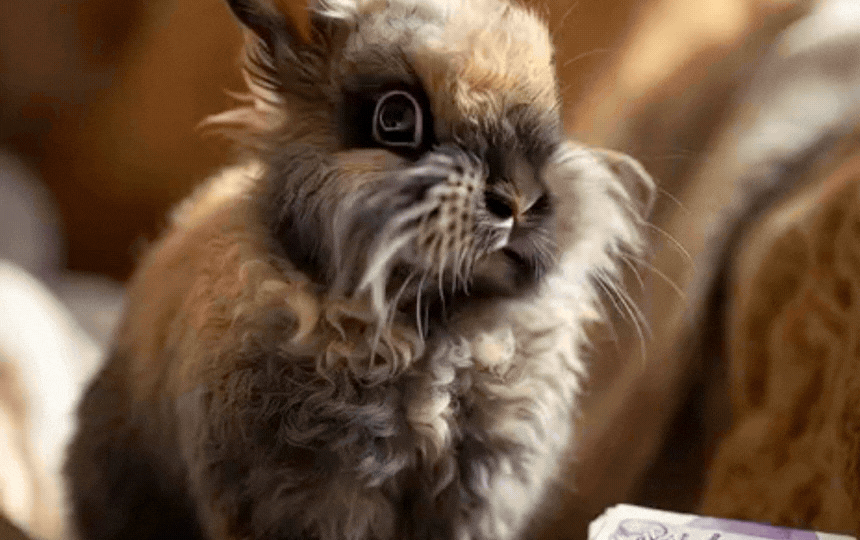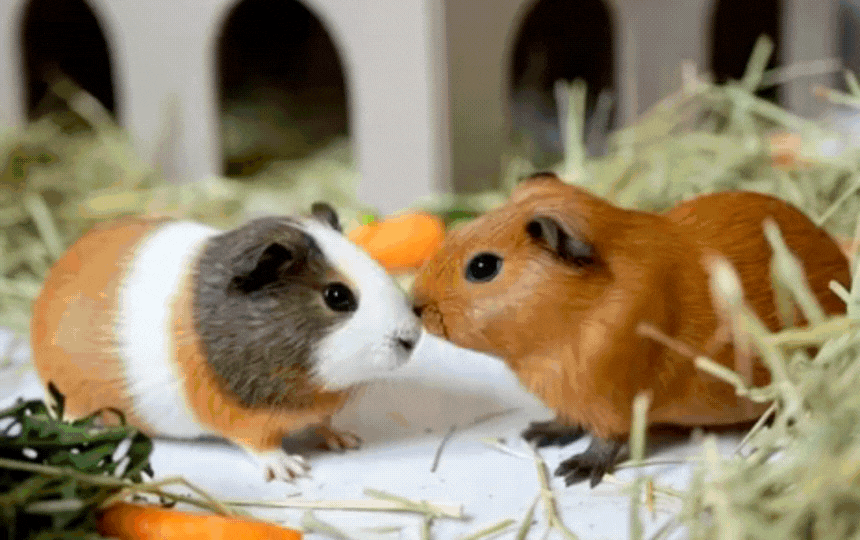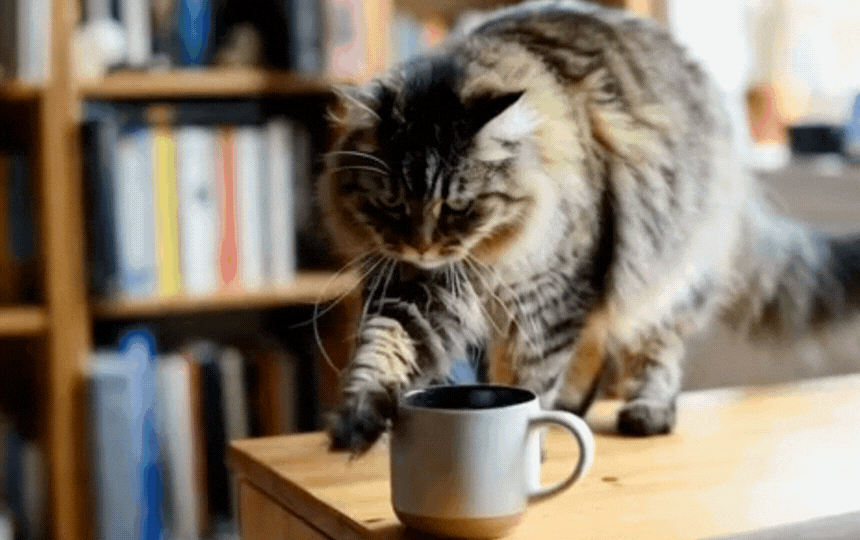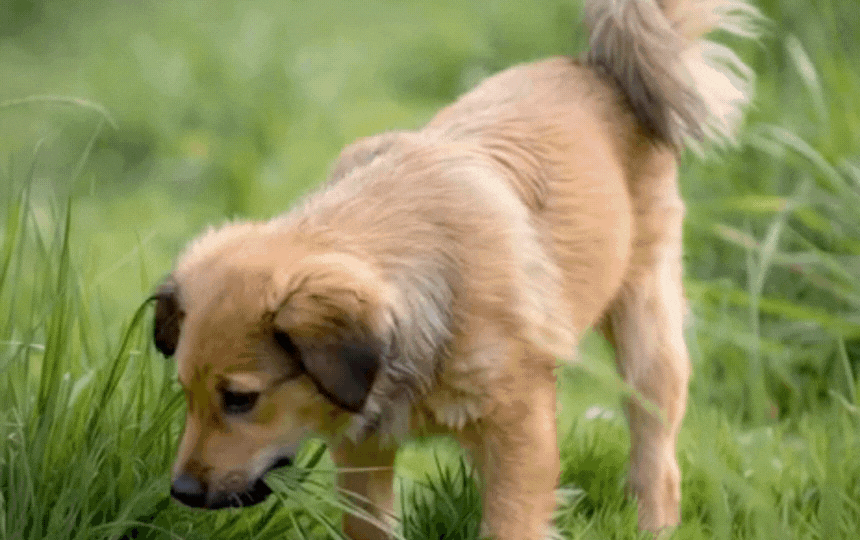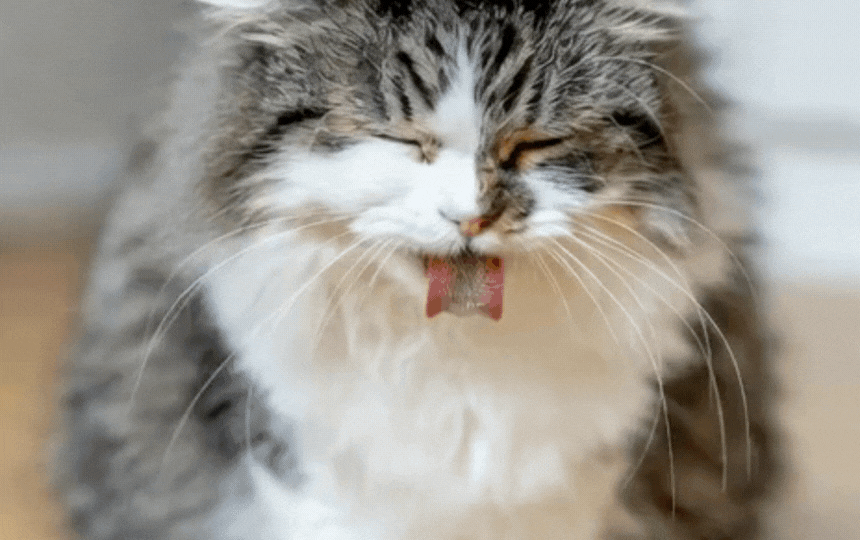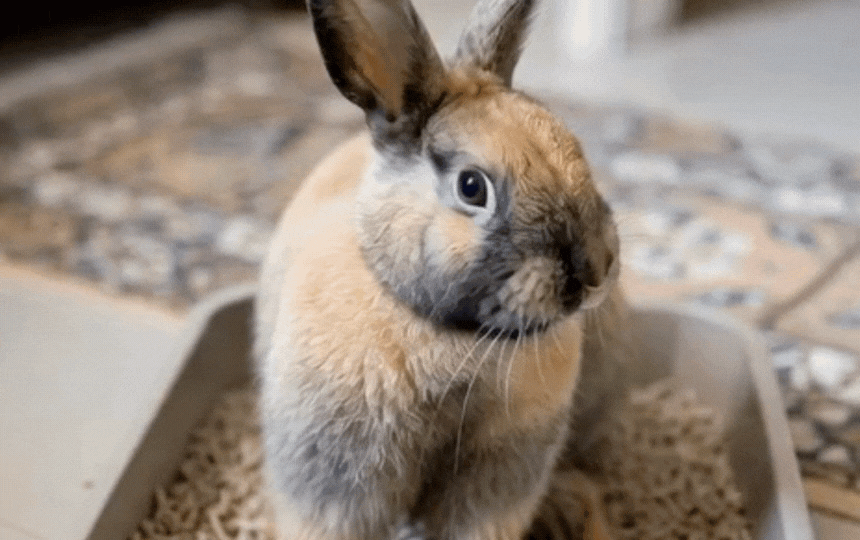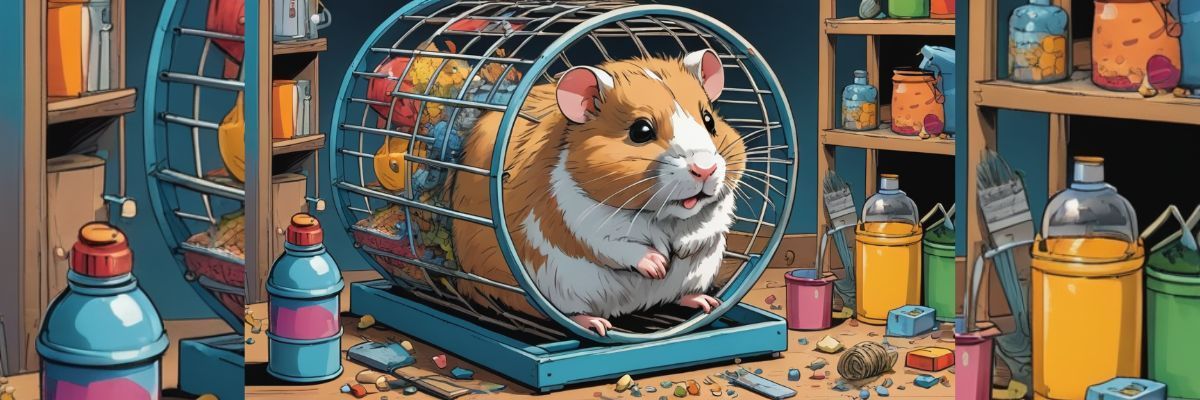Rabbit First Aid
Hare-Raising Emergencies
In the world of pet ownership, few animals are as enchanting and endearing as rabbits. With their soft fur, twitching noses, and playful antics, these gentle creatures have a special place in our hearts. Whether you're a devoted rabbit owner or considering welcoming one into your home, one aspect of responsible rabbit care that cannot be overlooked is rabbit first aid. Just like any other member of the family, these furry friends can face unexpected health challenges that demand immediate attention and care.
In our comprehensive guide, "Hare-Raising Emergencies: Things You Need to Know About Rabbit First Aid," we delve into the essential knowledge and skills required to ensure the well-being of your beloved bunnies. From identifying common health issues and injuries to administering first aid techniques, we'll equip you with the tools and information necessary to become a confident and competent caregiver. So, join us as we explore the world of rabbit first aid, and together, let's ensure that every hop they take is a healthy one!

5 Things You Need to Know About Rabbit First Aid
Rabbits, with their fuzzy ears and gentle demeanour, have a special place in our hearts as beloved pets. Whether you're a seasoned rabbit owner or considering bringing one of these adorable critters into your home, it's crucial to be prepared for the unexpected.
Just like any other member of your family, rabbits can encounter health emergencies that require swift action. That's where rabbit first aid comes into play. In this blog post, we're going to explore the five essential things you need to know about rabbit first aid to ensure your furry friend stays happy and healthy.
1. Recognising Signs of Distress:
One of the most critical aspects of rabbit first aid is the ability to recognize signs of distress or illness in your pet. Rabbits are known for hiding their discomfort, so it's essential to be vigilant. Some common signs of distress include:
- Lethargy: If your rabbit is unusually inactive or refuses to hop around.
- Loss of Appetite: A sudden change in eating habits can be a sign of trouble.
- Hunched Posture: A rabbit huddled in a corner or with an arched back may be in pain.
- Difficulty Breathing: Laboured breathing or sneezing could indicate respiratory issues.
- Abnormal Droppings: Changes in the size, colour, or consistency of droppings can be concerning.
2. Preparing a First Aid Kit:
Having a well-stocked first aid kit is essential for any responsible rabbit owner. Your kit should include:
- Gauze and Bandages: These are useful for wrapping wounds and stopping bleeding.
- Antiseptic Solution: To clean wounds and prevent infection.
- Scissors: For cutting gauze and tape.
- Tweezers: Useful for removing foreign objects from wounds.
- Thermometer: A must-have for monitoring your rabbit's temperature.
- A Stethoscope: To listen to your rabbit's heart and breathing.
- Emergency Contact Information: Your vet's contact details and a local emergency clinic's number.
3. Handling Common Emergencies:
Rabbits are prone to certain common emergencies, including:
- Gastrointestinal Stasis: A condition where the digestive system slows down. Signs include a lack of appetite and decreased faecal output.
- Flystrike: Maggots can infest a rabbit's fur, particularly in the warmer months.
- Heatstroke: Rabbits are sensitive to high temperatures and can easily overheat.
- Broken Bones: These can occur from falls or accidents. Keep your rabbit's living space safe to prevent such incidents.
4. Knowing When to Seek Professional Help:
While you can provide basic first aid, it's crucial to recognise when a situation requires professional veterinary care. If your rabbit is in severe pain, bleeding profusely, or experiencing seizures, contact your vet or an emergency clinic immediately.
5. Learning CPR and Resuscitation Techniques:
In dire situations, knowing how to perform cardiopulmonary resuscitation (CPR) can make a life-saving difference for your rabbit. This involves chest compressions and rescue breathing. Make sure to learn these techniques from your veterinarian or a reliable source, as improper CPR can harm your pet.
Rabbits can be delicate creatures, but with the right knowledge and preparation, you can be their lifeline in times of need. Understanding the basics of rabbit first aid, from recognizing signs of distress to administering CPR, will help you ensure the health and well-being of your furry friend. Remember, being a responsible rabbit owner means being ready for the unexpected and providing the best care possible for your beloved pet.
in Conclusion
In conclusion, being a conscientious rabbit owner means not only providing love and care but also being well-prepared for potential health emergencies. As we've explored in this blog, there are five essential things you need to know about rabbit first aid:
- Recognising Signs of Distress: Being attuned to your rabbit's behaviour and body language can help you identify issues early.
- Preparing a First Aid Kit: A well-equipped first aid kit is your first line of defence in an emergency.
- Handling Common Emergencies: Familiarize yourself with the common health crises rabbits face, and take preventive measures to keep them safe.
- Knowing When to Seek Professional Help: Knowing your limits as a caregiver and when to contact a veterinarian can be a lifesaver.
- Learning CPR and Resuscitation Techniques: While it's a skill you hope never to use, knowing how to perform CPR can be a vital tool in your rabbit first aid arsenal.
As responsible rabbit owners, our furry companions rely on us not just for love, but for their well-being in times of need. Whether you've been a rabbit owner for years or are considering adopting one of these charming animals, understanding and being prepared for rabbit first aid is a must.
By gaining knowledge, assembling a well-stocked first aid kit, and staying alert to your rabbit's health, you can be their first responder in moments of crisis. Remember, the peace of mind that comes with knowing you can provide immediate care when it's needed most is a gift not only to your rabbit but also to yourself. Your bunny's well-being is in your capable hands, and with these newfound skills, you're better equipped to ensure they lead a happy and healthy life.
Thank you for reading this post. We hope that you found it helpful and hope to you visit this page again soon. For more information, fun facts and cute photos, please follow us on social media. ❤️🐰
Disclosure & Disclaimer: Some of the links in this blog may be affiliate links, which means we earn a small commission if you click through and make a purchase. This comes at no additional cost to you but helps support the continued production of content. We only recommend products and services we believe will add value to our audience. The content provided is solely for informational purposes. Any advice provided is based on personal experience and research and may not be suitable for everyone. Before implementing any advice, please consult with a professional to ensure it's appropriate for your specific situation. Thank you for your support.
THANK YOU
Thank you for reading this post. We hope that you found it helpful and hope to you visit this page again soon. For more information, fun facts and cute photos, please follow us on social media. ❤️
Disclosure & Disclaimer: Some of the links in this blog may be affiliate links, which means we earn a small commission if you click through and make a purchase. This comes at no additional cost to you but helps support the continued production of content. We only recommend products and services we believe will add value to our audience. The content provided is solely for informational purposes. Any advice provided is based on personal experience and research and may not be suitable for everyone. Before implementing any advice, please consult with a professional to ensure it's appropriate for your specific situation. Thank you for your support.

